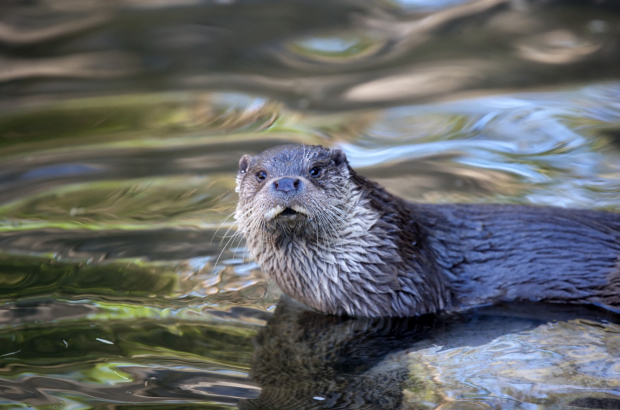- Daily & Weekly newsletters
- Buy & download The Bulletin
- Comment on our articles
Years after being declared extinct, otters return to Flanders
First it was wolves, now it is otters. Considered extinct in Flanders in the 1980s because their natural habitat had largely disappeared, the animals have slowly been returning to the region thanks to environmental regeneration programmes.
But more needs to be done for their future to be secure. A core of at least 10 animals is required for a stable population of otters, which in turn means around 100 square-kilometres of appropriate habitat for them to call home.
According to a new study carried out by the Research Institute for Nature and Forest (Inbo) and Antwerp University for WWF, the Scheldt valley already has 40 square-kilometres of excellent otter habitat, with potential for a further 20 if the necessary efforts are made.
Getting up to the 100 km figure will require further nature restoration projects to increase natural cover for the otters and to build up the fish population. Meanwhile, water quality will have to improve, so that the fish are healthy enough for the otters to eat. According to the study, mercury and PCB levels in fish are still very high and hinder the recovery of the otter population.
Another challenge is to help otters negotiate roads and other barriers that fragment their habitat. Otter corridors have already been built in Terhagen and Willebroek, with similar projects planned for the Kruibeke Polders.
“Together with partners such as local authorities, road and waterway managers, nature associations, private owners and companies, we want to create Otterland, a valley habitat for the otter,” said Lieven Nachtergale of the Flemish Agency for Nature and Woods.
All of this effort is not just for the sake of a few cute critters. Otters are considered an “umbrella species”, because what is good for them is good for a wide range of plants and animals.
Otterland is also likely to produce cleaner water for humans, and a beautiful landscape to visit. “Working on the recovery of the otter population in Flanders is a gratifying challenge and a test for our future integrated nature policy,” said Koen Van den Berge of Inbo. “There is still a long way to go, but there is a real chance of success.”
Photo: AYImages/GETTY
















